E-Conference on Connecting the Rohingya Diaspora: Highlighting the Global Displacement
August 25-26, 2020
E-Conference on Connecting the Rohingya Diaspora: Highlighting the Global Displacement
August 25-26, 2020
Registration Details
Coming Soon
Facing discrimination and violence in Myanmar over several decades, the Rohingyas have been labelled as 'the most persecuted people on earth’. But resilience has led members of the stateless community to carve out new lives in different parts of the world, including Asia, Europe, North America and Australia. Many of them fled Myanmar as children. Some have been granted citizenship, asylum, and refugee status while others live in the shadows with no legal status or protection. Some have ended in prisons or perished during the journey.
Conference Objectives:
The two-day international conference titled “Connecting the Rohingya Diaspora: Highlighting the Global Displacement” to be held in August 25-26, 2020 aims:
-To bring the Rohingya diaspora community living around the world together to learn about their journey of resilience.
-To discuss with international civil society and government representatives on how to push together for accountability and justice for the Rohingya people in Myanmar and better social inclusion in the host countries.
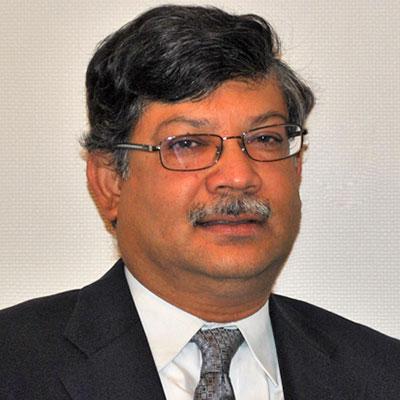
The Foreign Secretary,
Ministry of Foreign Affairs,
Bangladesh
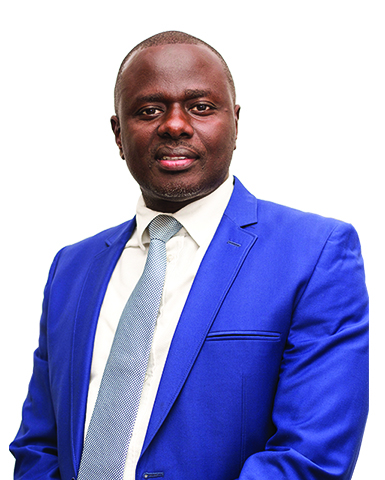
The Solicitor General & Legal Secretary,
The Ministry of Justice,
Government of the Republic of the Gambia

Executive Director,
Centre for Peace & Justice
& Chairperson,
ActionAid International Bangladesh
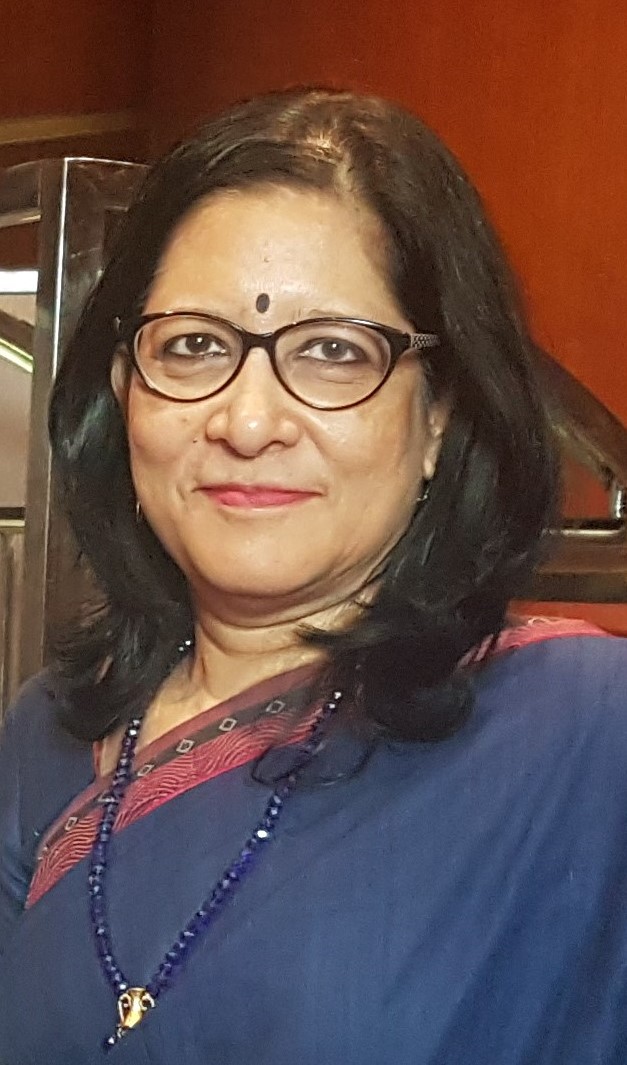
Country Director,
ActionAid Bangladesh
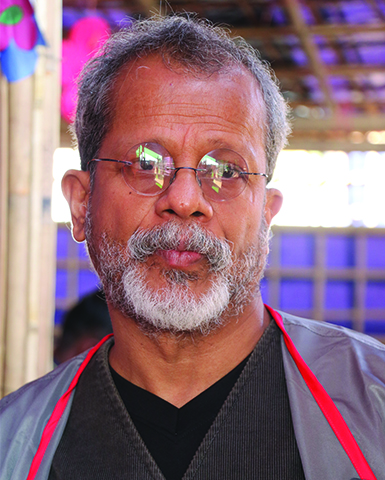
Professor of International Relations,
Center for Genocide Studies,
University of Dhaka
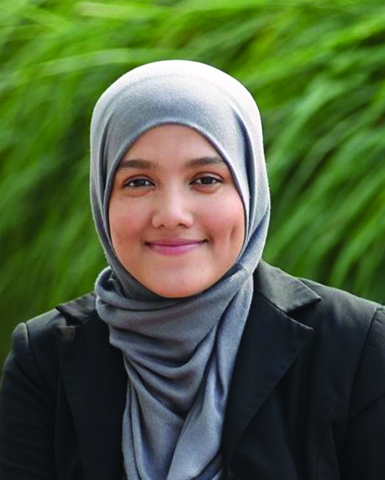
Rohingya Activist,
Canada
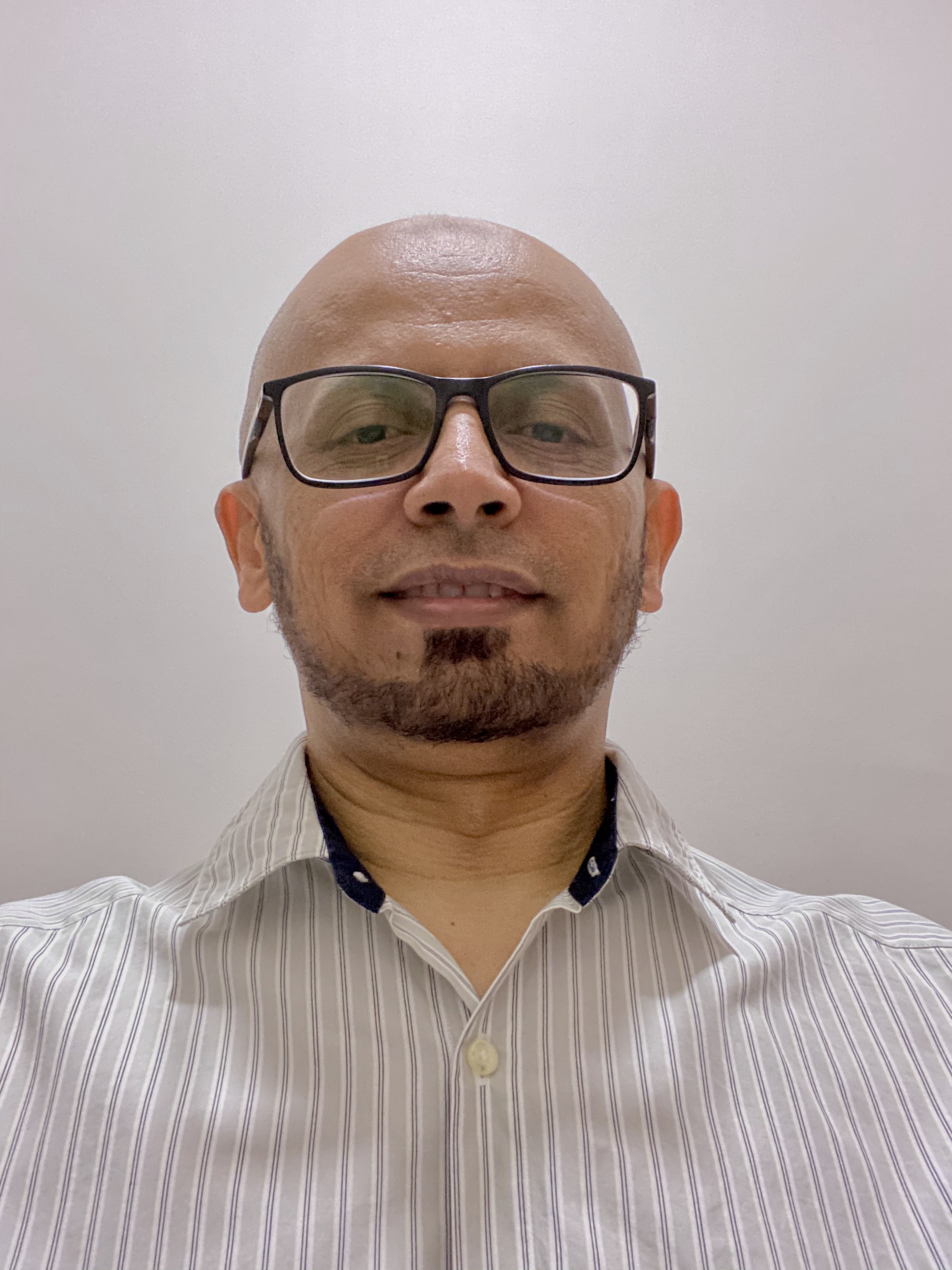
Assistant Professor,
Modern Languages and Literature,
King Abdulaziz University,
Saudi Arabia
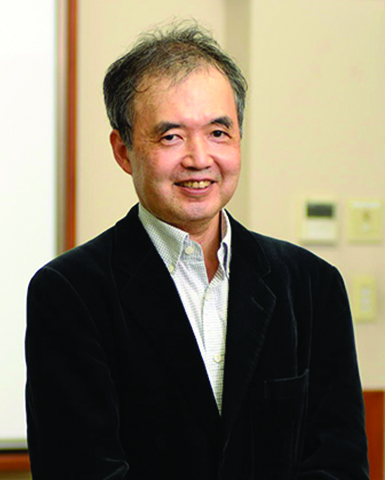
Professor,
Department of Law,
Gakushuin University,
Japan

PhD Candidate,
Faculty of Social Sciences,
Chiang Mai University,
Thailand

International Criminal Law Attorney,
USA
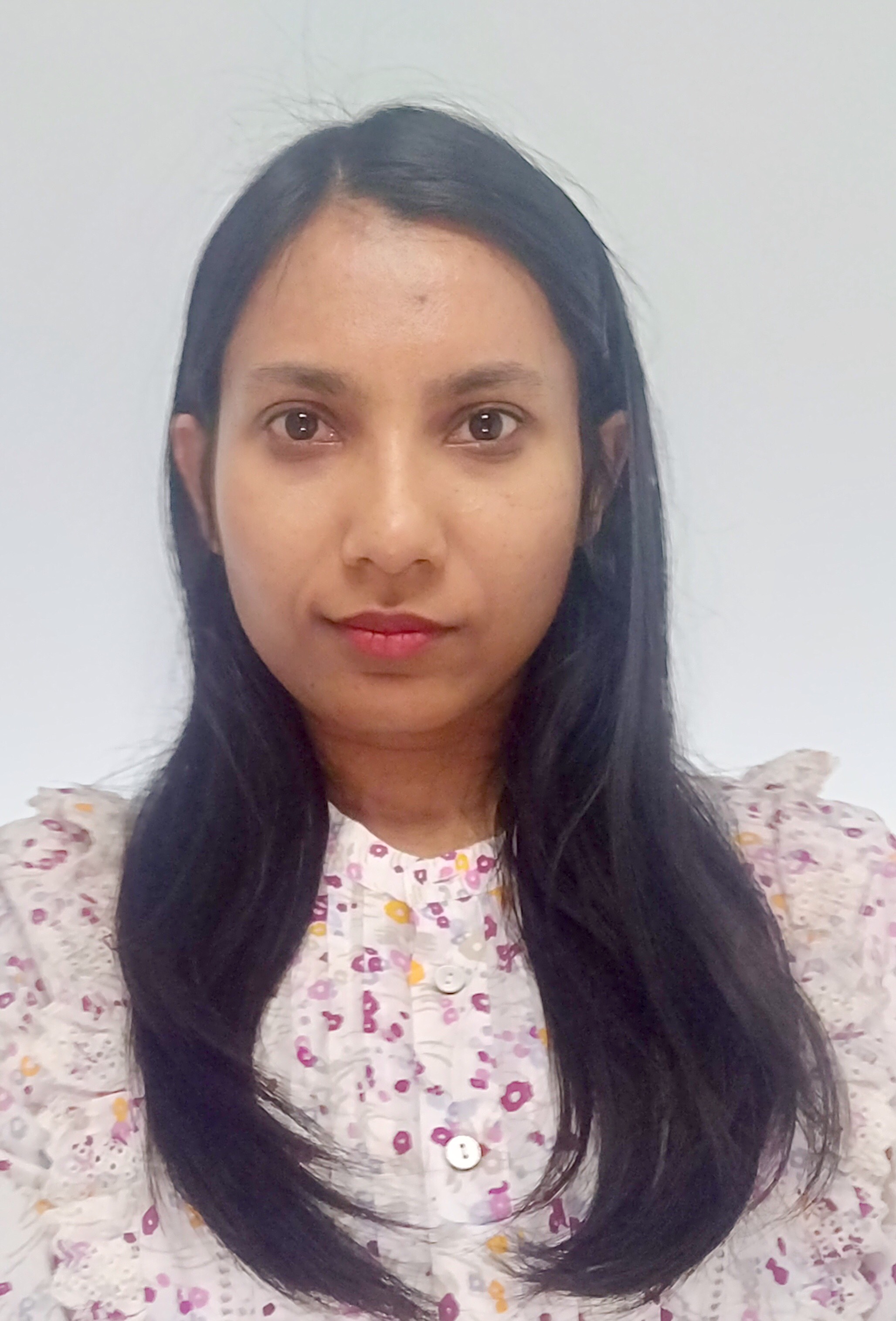
PhD Student,
Queen Mary University of London,
UK
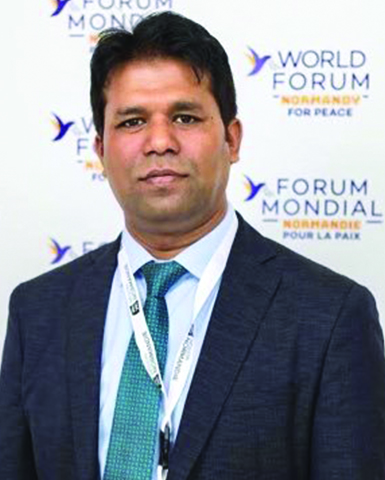
Rohingya Leader & President,
Burmese Rohingya Organization,
UK
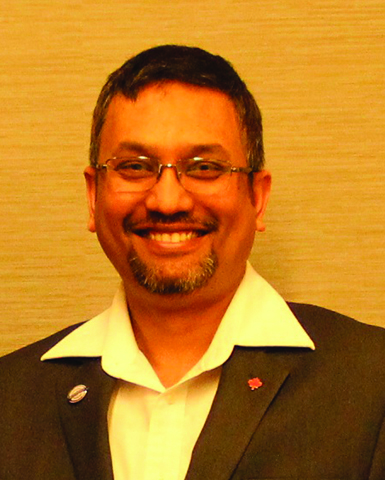
Professor of Political Science,
University of Winnipeg,
Canada

Professor & Vice President,
Seisa University,
Japan
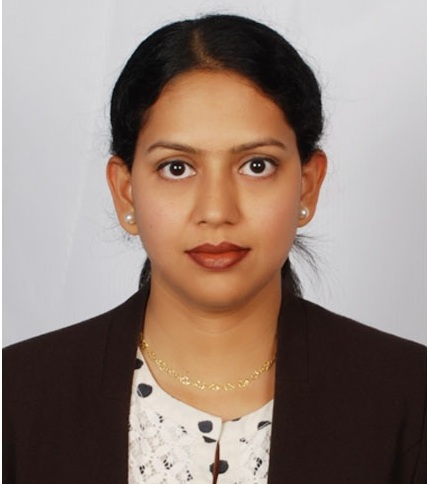
Senior Lecturer,
University Utara Malaysia,
Malaysia
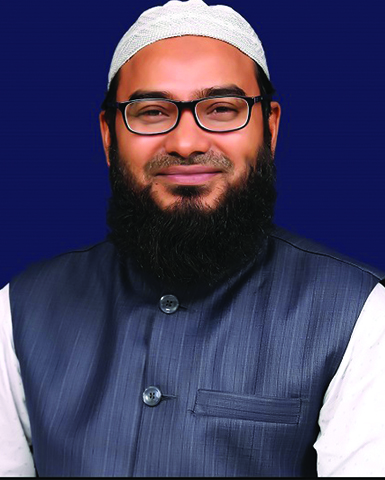
Research Coordinator,
CPJ, Brac University,
Bangladesh
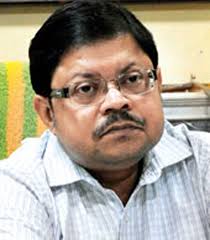
Department of Political Science,
Rabindra Bharati University,
India
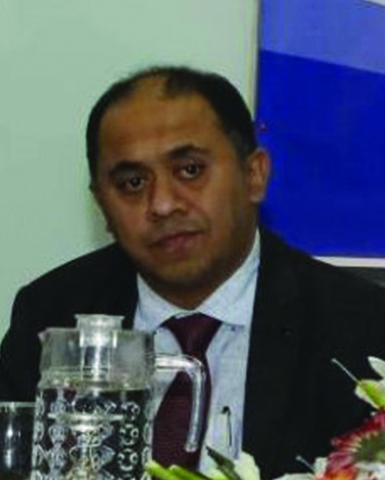
President,
Rohingya Intellectual Community Association of Australia
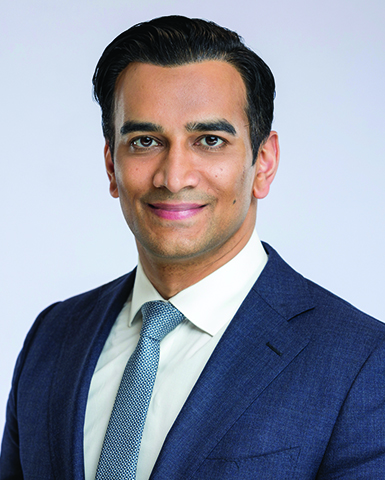
Director,
Center for Global Policy in Washington DC,
USA
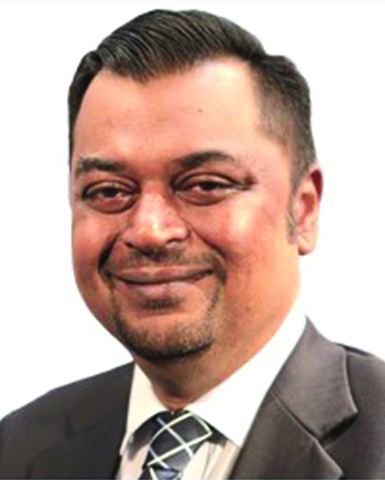
Senior Director,
Brac,
Bangladesh
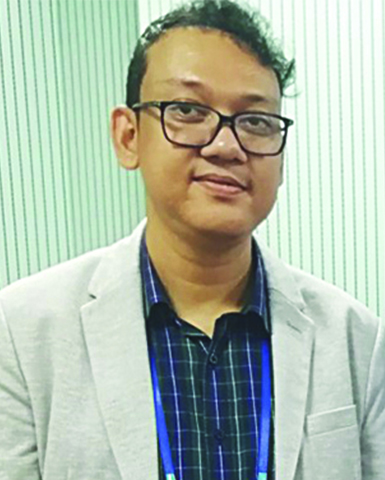
Human Rights Specialist,
Fortify Rights,
Myanmar
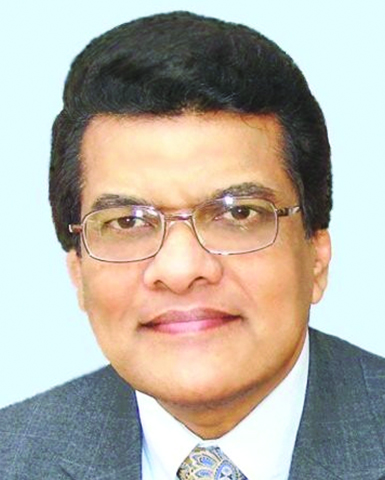
Director-General,
Arakan Rohingya Union;
Chairman & Founder,
Burmese Rohingya Association,
North America
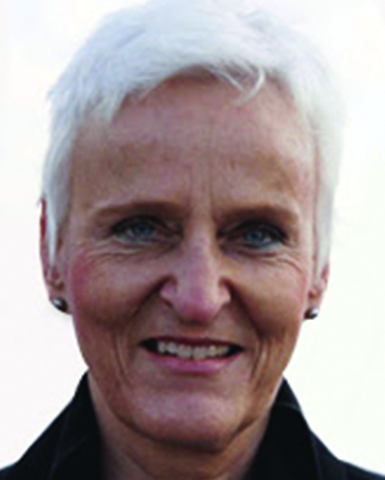
Former Dutch Ambassador &,
Independent Diplomatic Expert,
The Netherlands

Chair, Rohingya Working Group,
Asia Pacific Refugee Rights Network,
Malaysia
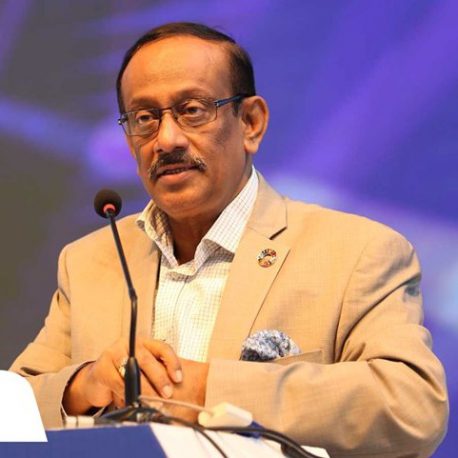
Senior Fellow,
North South University,
Former Foreign Secretary of Bangladesh


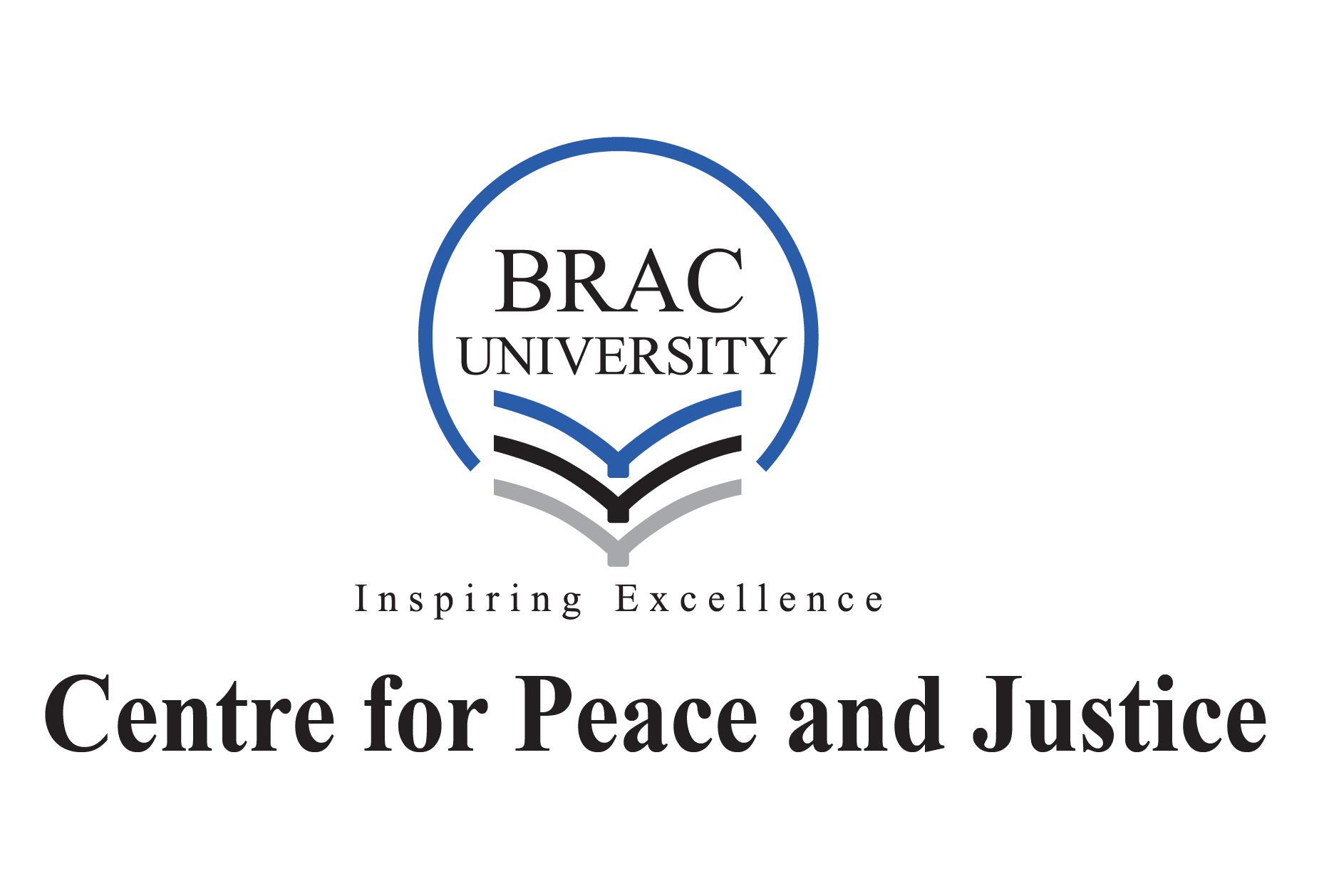
In 2018, ActionAid, the Centre for Genocide Studies, University of Dhaka, Centre for Peace and
Justice, Brac University, organized an International Conference titled Rohingya Refugee Crisis:
Towards Sustainable Solutions and published an edited volume with the paper presented at the
conference. The 2-day conference ended with the Dhaka Declaration. Later the consortium also
organized an international seminar on Accountability: The International Criminal Court and the
Rohingya Crisis among other advocacy events.
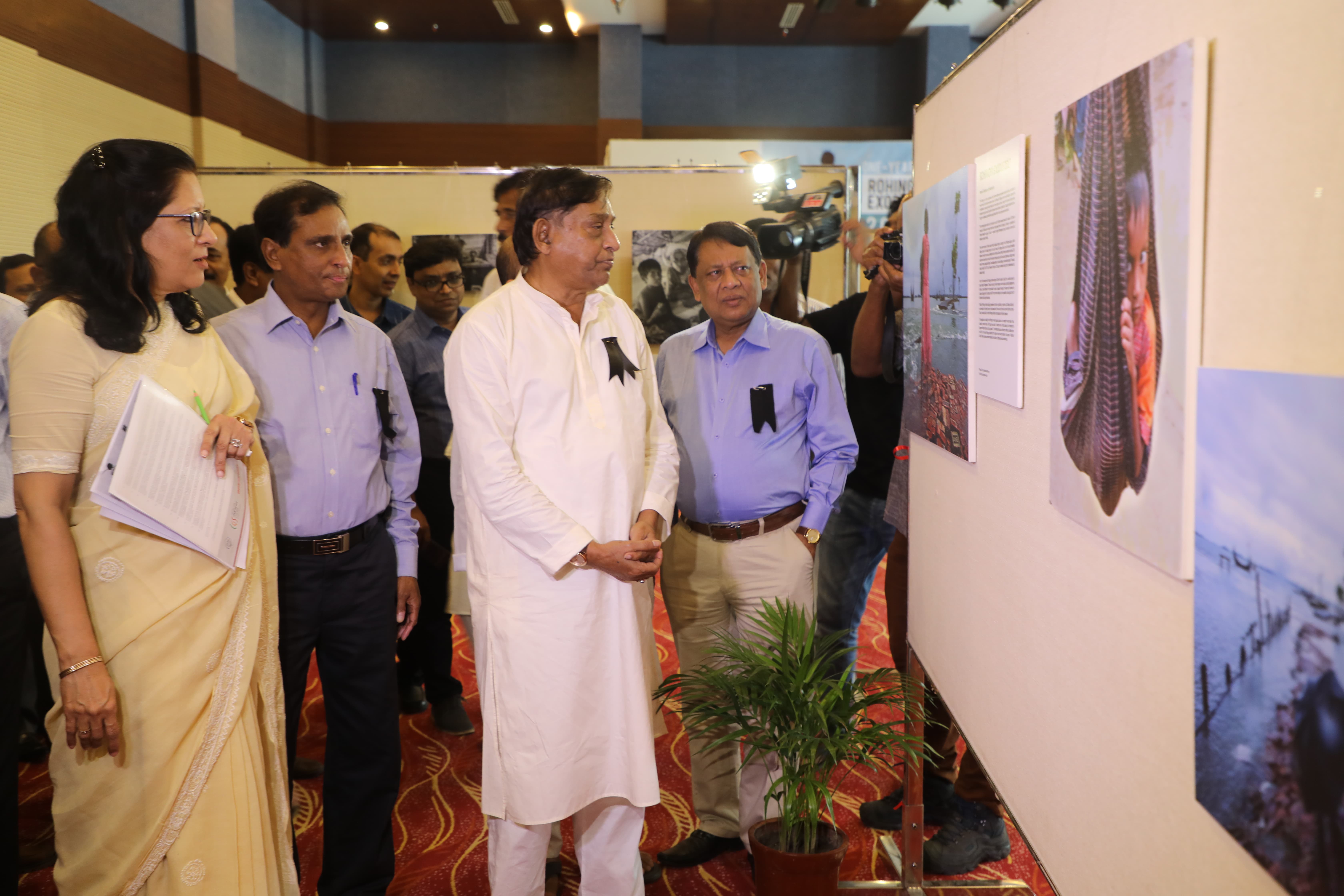
“Rohingya Exodus” is a photo exhibition held in 2018.
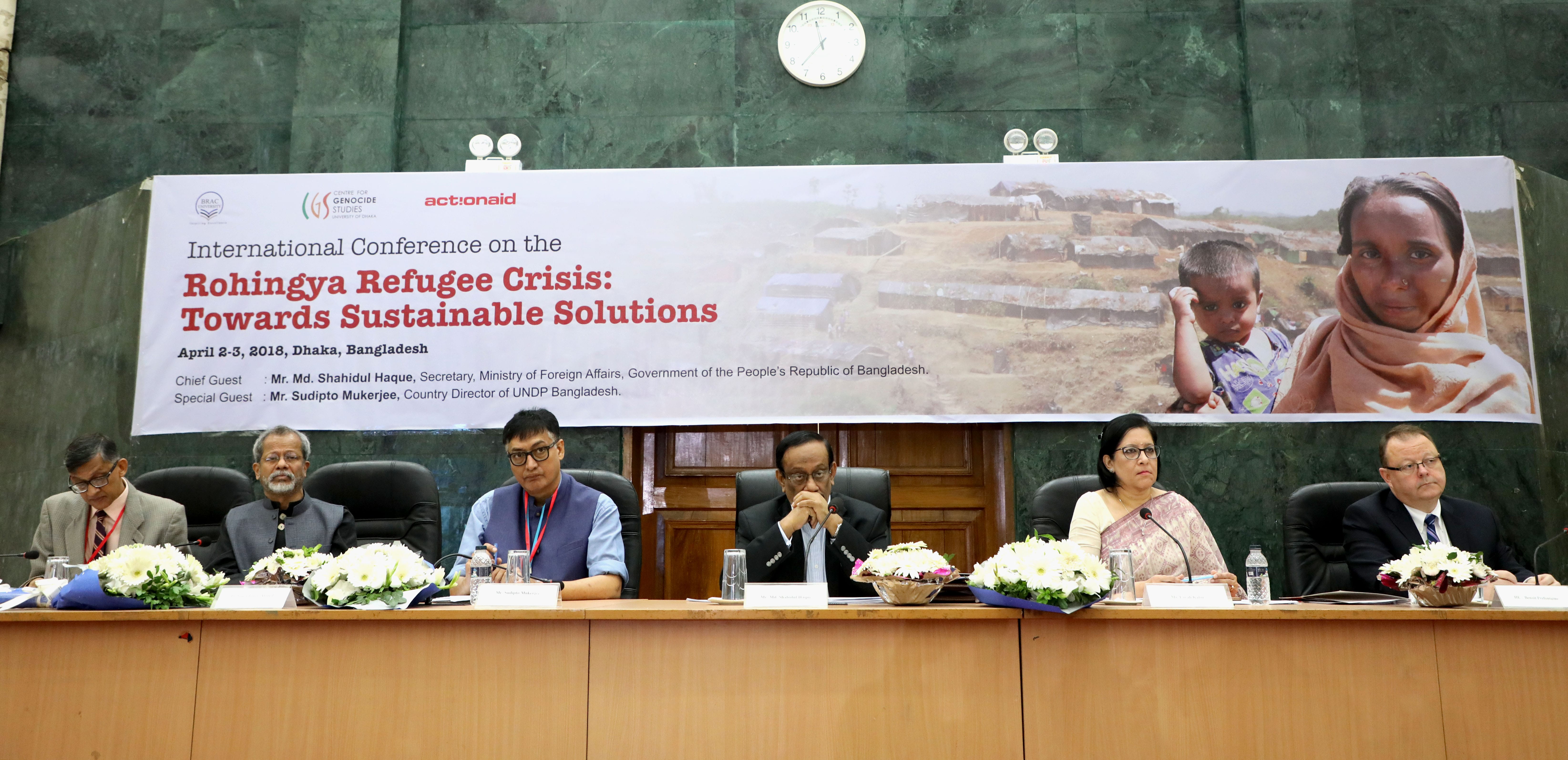
“Rohingya Refugee Crisis: Towards Sustainable Solutions” is an International Conference held in 2018
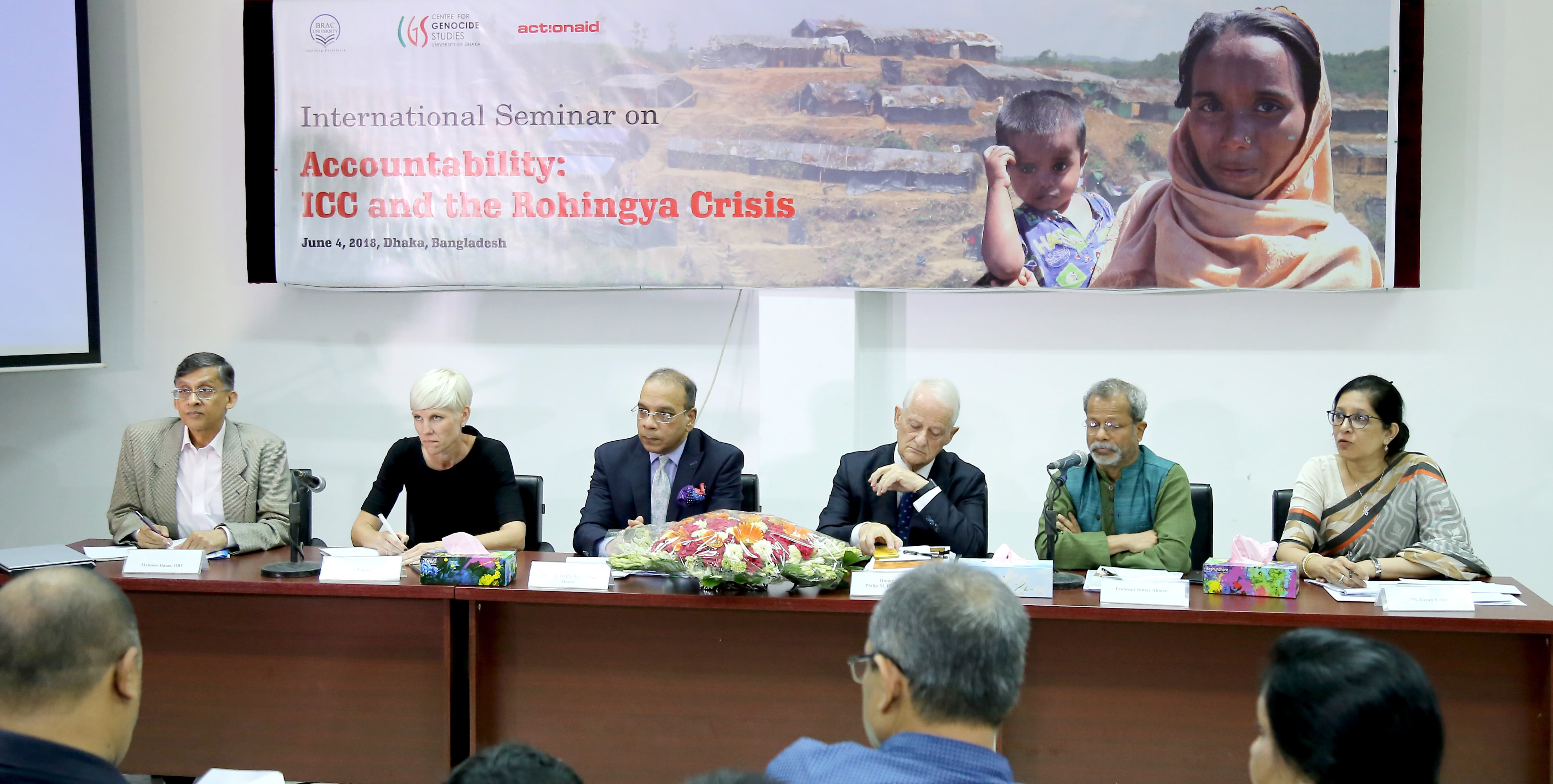
“Accountability: International Criminal Court and the Rohingya Crisis” is an International Seminar held in 2018.
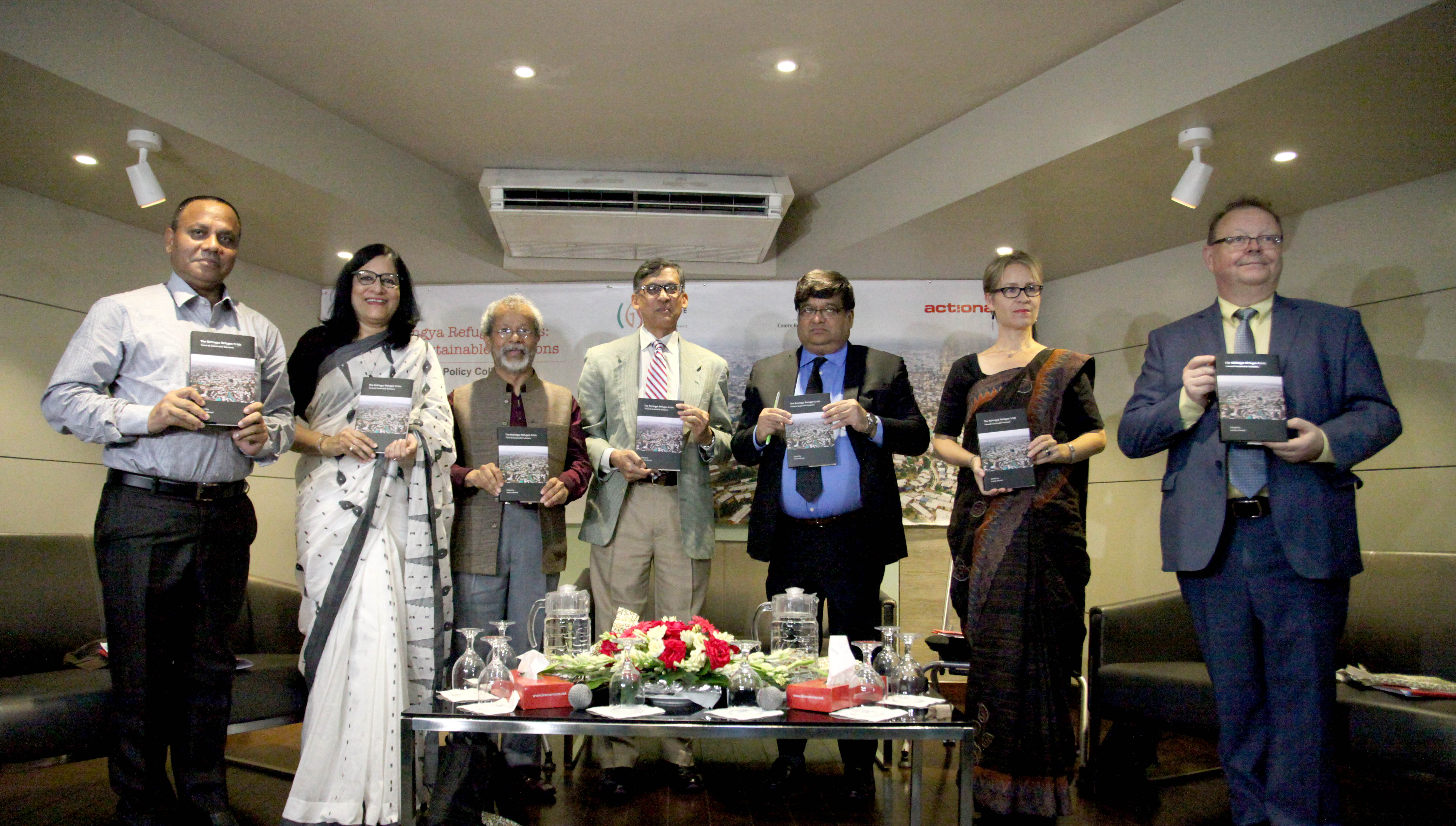
This event was organised in August 2019.
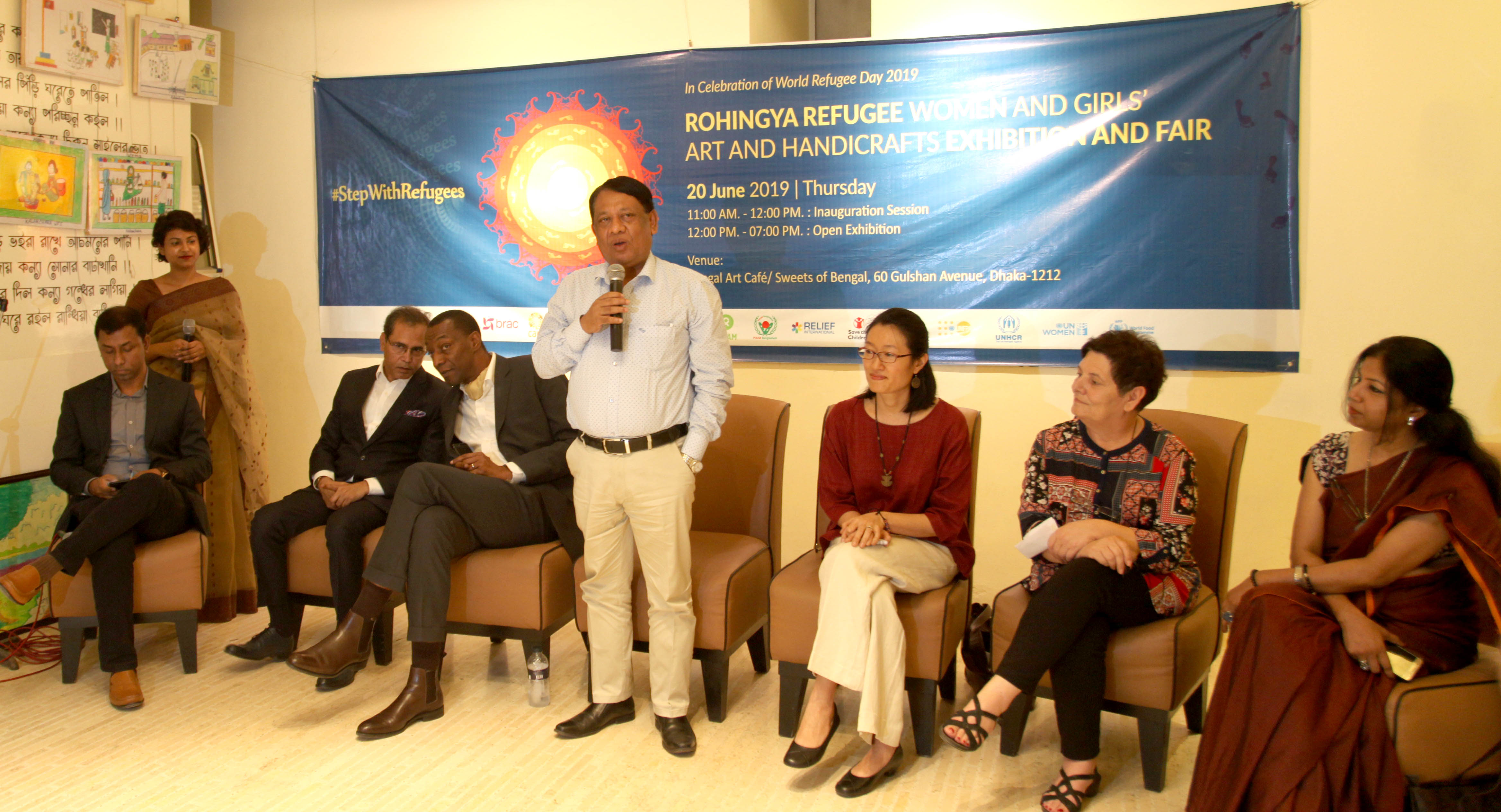
The graphic novel "Stateless" was launched on World Refugee Day in June 2019.
For more information, please email aab.mail@actionaid.org